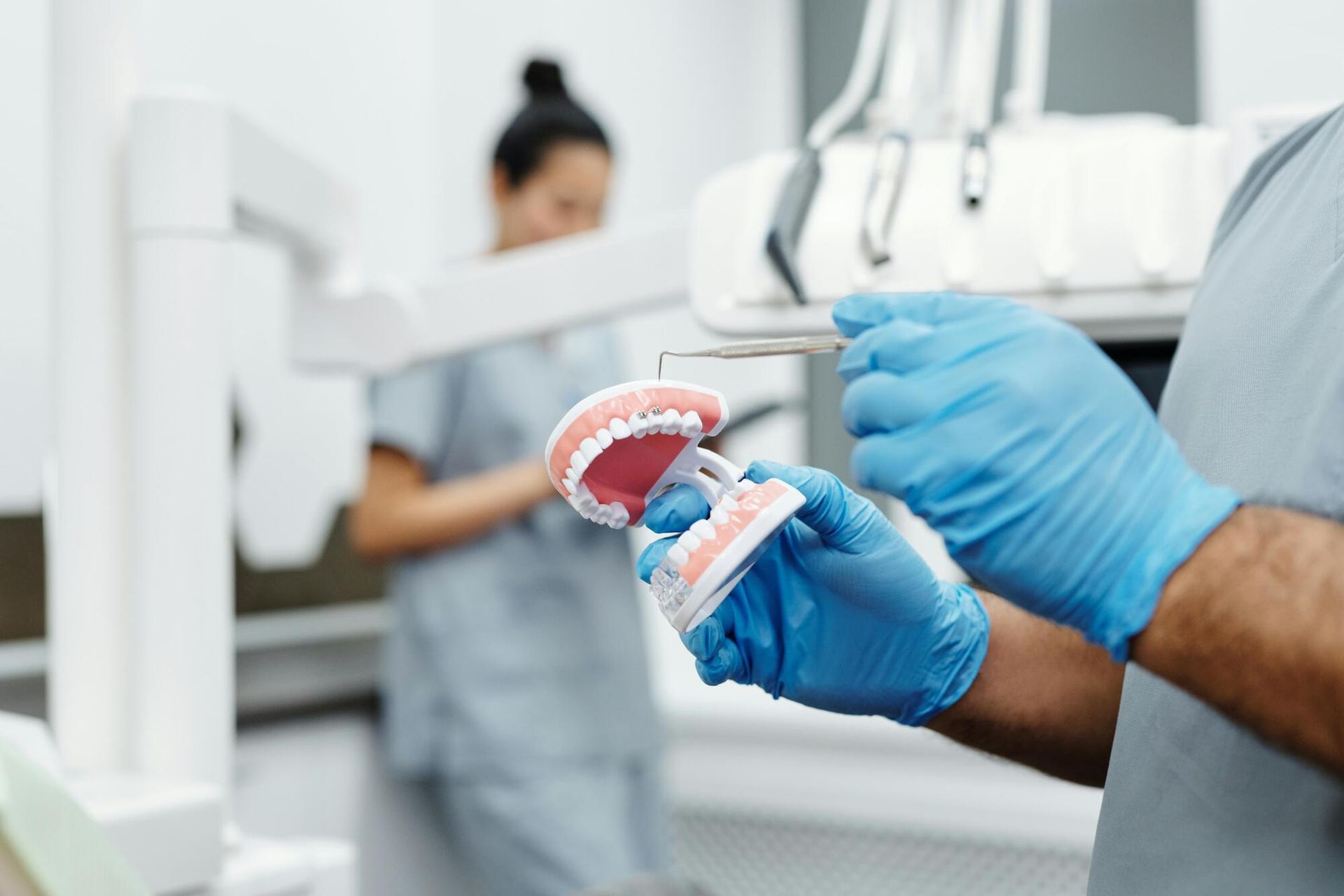How Long Do Dental Implants Last?
If you have (or you're scheduled to get) dental implants, you might be wondering how long they last. Read our article to learn the answer.
Do you have one or more missing teeth? Have you considered getting a dental implant? Did you know that 3 million Americans have dental implants and 500,000 more Americans get them each year?
When considering implants, many people ask, “how long do dental implants last?” Continue reading to find answers to this question and many more.
What Are Dental Implants?
How Long Do Dental Implants Last?
A big question on many people’s mind is often, “are dental implants permanent?” Experts vary in their answers about the longevity of dental implants. They often report that with good care they can last many years.
A National Center for Biotechnology Information study showed 89.9% were still in use at
25 years . Placement of the first titanium
occurred in 1965 . At the time of the patient’s death in 2006, the implant was still functioning after 40 years.
Factors That Affect How Long a Dental Implant Lasts
Dental implants require the same level of oral hygiene as your normal teeth. It’s also important to have dental cleanings and checkups every six months. There are several factors that impact the life expectancy of implants.
Location in the Mouth
Implants located in the back part of the mouth have increased strain on them with chewing. This may shorten the implant’s lifespan.
Periodontal Disease
Periodontal disease describes infections in the gums that cause inflammation and tissue destruction. If left untreated, it can destroy bone tissue as well. If it’s not treated soon enough, implant failure may occur.
Bruxism
Bruxism describes a condition where someone clenches and grinds their teeth. This increases the stress on teeth and the implant. When it’s not treated, it can lead to implant failure.
Smoking
A known risk factor for implant failure is smoking or using tobacco. Smoking increases the incidence of peri-implantitis. This causes swelling in the gums and heightens the risk of bone loss.
Diabetes
Diabetes poses a risk throughout the body for organ and tissue damage. When diabetes is well controlled, the risk of implant failure decreases. Thus, diabetics can have successful dental implants.
Implant Misuse
Habits or activities that pose a threat to normal teeth also risk implants. Some examples include chewing or biting on hard objects such as pencils or pens. Opening bottles or other items with your teeth can also damage the implant crown.
Benefits of Dental Implants
Alternatives to Dental Implants
- A fixed bridge that’s supported by your natural teeth
- Partial or removable denture appliances
- Complete removable dentures
- Resin-boned bridges often used to replace front teeth
Advantages of Dental Implants
Components of Dental Implants
Why Dental Implants Fail
Are You Seeking Dental Care?
Do you have missing teeth? Is this interfering with your social and physical well-being? If you answered yes, dental implants may provide the solution you are looking for.
This article discussed information to help you understand all about dental implants. It also answered the question, “how long do dental implants last?”
Dental & Implant Center of Edgewater in Edgewater, NJ offers dental implant services. Our staff provides state-of-the-art care in a comforting environment.
Contact us today to ask questions and make an appointment.











